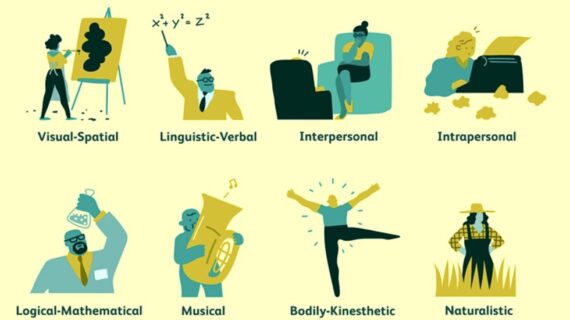Why language learners need mindfulness practice
Are you struggling to make progress in your language learning journey, despite hours of study and practice? The truth is, mastering a new language requires more than just memorization and repetition (although they are so important!). It requires a deep level of presence, awareness, and mindfulness.
You might be surprised to learn that incorporating mindfulness into your routine could be the missing piece of the puzzle. But wait, isn’t mindfulness just for monks or spiritual gurus?
Before passing judgment, let me show you the surprising ways mindfulness can transform and supercharge your language learning journey:
1. Focus
The key to success lies in holding prolonged focus, yet in our modern world, it’s a common struggle. Many of us find it difficult to sustain our attention and consistently put in the work. That’s where mindfulness steps in!
By practicing mindfulness, we as language learners can enhance our ability to focus on the information we receive, whether it’s reading a text or listening to a conversation. Moreover, we can avoid falling into the trap of homeostasis and boredom that often arises during lengthy study.
2. Memory
As language learners, we often feel frustrated when we can’t find the right words or remember new vocabulary. Happens to the best of us!
Practicing mindfulness can help improve our memory by enhancing the process of building new neural connections in our brains. As a result, we can better retain new words and grammar rules. By focusing on the present moment and fully engaging with the language, we can improve our ability to recall what we have learned. This leads to more effective communication and a more enjoyable learning experience.
3. Stress
Stress can hinder language learning by impairing memory and reducing attention span. It can also lead to anxiety and lack of motivation, which further affects the learning process. Speaking a foreign language is already quite a nerve-wracking experience!
Mindfulness can help us manage our stress levels by teaching us techniques to regulate our emotions and reduce negative thoughts ultimately helping us feel more confident when communicating in a foreign language.
4. Self-awareness
Lack of self-awareness can hinder communication by limiting our ability to understand our own thoughts and emotions, hence our ability to effectively convey them to others.
Mindfulness can help us develop a better understanding of our inner world as well as our language learning abilities, identify areas where we need improvement, and adapt our learning accordingly to achieve more effective communication. We can understand how to set realistic goals and stay motivated throughout our language learning journey.
5. Curiosity
Curiosity is a powerful motivator in language learning, it drives us to seek out and absorb new words and ways to express our thoughts, leading to a deeper understanding of the language.
Mindfulness helps us approach language learning with a non-judgmental and open-minded attitude, focus on details and develop a sense of wonder.
Mindfulness affects all spheres of human lives and enhances our experiences. As a language learner you need to take this wonderful tool into your learning toolbox and use all the benefits that mindfulness can offer you.
If you are wondering how you can boost your mindfulness and self-awareness without spending hours on daily meditation, I have a solution for you! I have created this “Mindfulness Habit Checklist”









